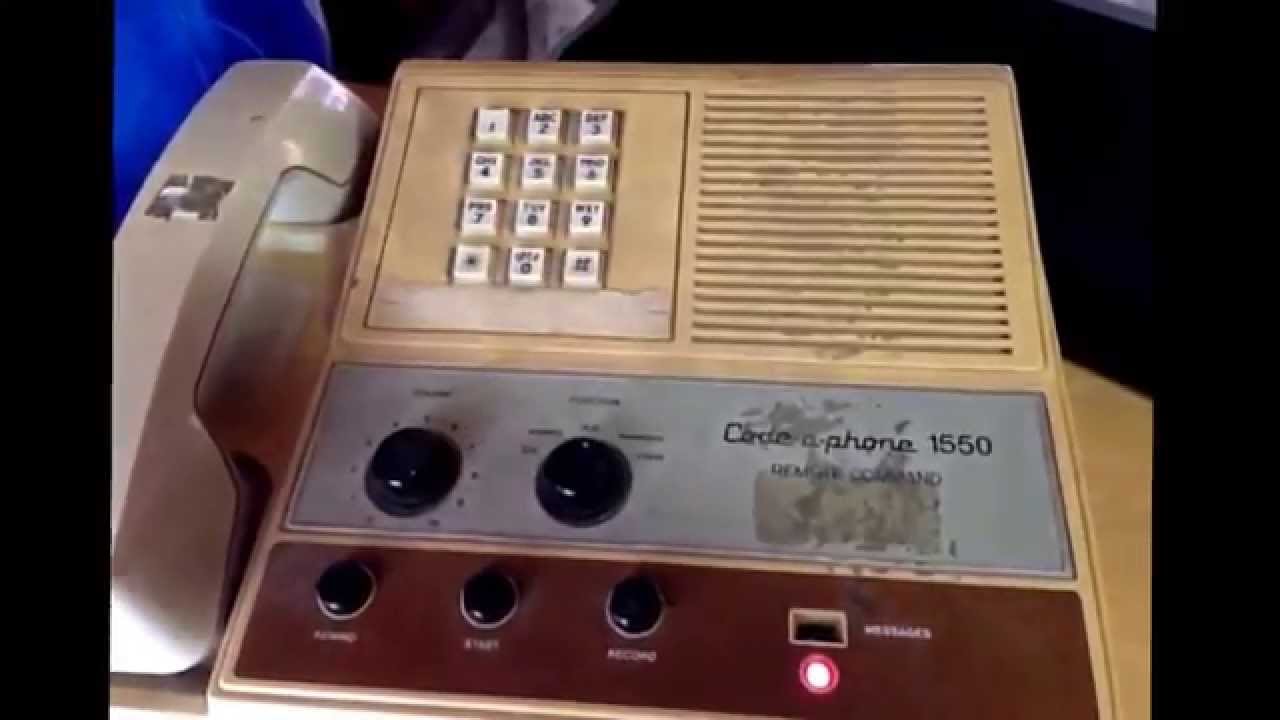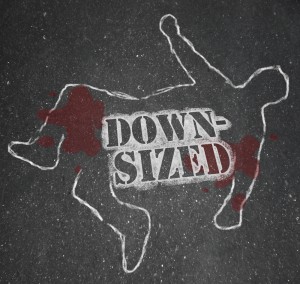Can you remember the joke “The cheque’s in the mail”? (It never was . . .)
These days the joke is “I’ll call you back . . .” (They never do.)
 Why don’t people call us back?
Why don’t people call us back?
The clever repair strategies are in the next report. Click /tap here - 'Are you tired of people not calling you back? 12 fast fixes.'
1. Why don’t people call us back? What has caused this communication breakdown?
This problem of people not answering their phone is not new. Expecting people to be ‘true to their word’ has always been an issue, but it’s happening more now, than years ago.
Some of the reason is a ‘generational thing’.
People who grew up during ‘the war’ believed in ‘a fair days work for a fair days pay’. They were also the ones who believed that ‘a man’s word is his bond’. In other words, if you said you would do something – you could relied on to do it.
Part of this personal ethic has been lost when it comes to phone etiquette.
2. Do you hate leaving phone messages!
Me too.
How did this problem begin in the first place?

The problem began with the invention of ‘answering machines’.
Meeting an ‘answering machine’ when you called was the opportunity to record a voice message that they could listen to later if they were away from their phone, on a call or ‘out of range’ (remember that?).
They would usually call you back with the answer to your query.
‘Answering machines’ have since morphed into ‘Message Bank’. Message services are on both land lines and mobile devices.
This voice message system was great in the early days of mobile phones. People still rushed for their phone to answer their calls. Most people used to jump when the land line rang.
It was considered rude not to pick up a call, like refusing to open your door if someone knocked.

Clever businesses have a 'three ring’ policy. No incoming phone call, rings for more than three rings, without being answered. This delights their callers and gives them referrals.
3. Let me escape the phone!
There has been a revolt against being ‘always accessible’. People felt they had no privacy (even on the loo!). Not only were some calls unanswered but most ‘voice messages’ were un-heard.
Now, leaving a message on somebody’s voicemail is usually a pointless exercise.
It gets worse.
Along came ‘Caller ID display’. This is the ability to see who is calling before taking the call.
I have seen business people look at the screen of their phone and ‘dismiss’ the call with the push of a button. (I call that the ‘P_ss off’ message) or they let it ring till the caller gives up.
or they let it ring till the caller gives up.
“Oh, it’s ‘them’” they’d say. “I’ll call them back later” (and don’t).
To be fair, we can also blame the business boom during the 1980s for making communication worse.
4. What happened in the late 1980s that made it harder to make phone contact?
 Over that period, business was coming to the end of a ‘boom’ time and companies felt pressure on their profits.
Over that period, business was coming to the end of a ‘boom’ time and companies felt pressure on their profits.
One of the ways they tried to maintain a profit was to ‘streamline’ their organisation. They did this by removing whole levels of supervision.
They called it a ‘flat’ management structure. This threw more work load on those who were left.
Another way they protected profits was to ‘not replace’ people who left (it’s still happening today). Their job roles were shared among those who remained.
In the early 1980s most managers had a secretary (we call them a Personal Assistant these days). The boss’s secretary typed all communication and fielded most of his calls.
Today everybody (including the manager) is given a computer, a company mobile phone and expected to type their own letters (emails) and reports (often in their own time!).
-----------------------------------------------------------------------------
All of this pressure has also made email communication tricky.
People get hundreds of emails (personal emails and in their work email 'inboxes'). How are they to notice yours and reply?
That’s the subject of another report - ‘Why are your emails ignored? 5 easy ways to fix it.’
---------------------------------------------------------------------------
Any wonder people felt under pressure and polite phone etiquette went out the window.
So how are you to connect with companies and their staff if they don’t answer their phone?
Click here to get ‘Are you tired of people not calling you back? 12 fast fixes’ - ‘The Solution’.
p.s. People who liked this also liked ‘Why are your emails ignored? 5 easy ways to fix it.’
Did you enjoy that? Why not receive my occasional FREE Updates:
Why not share this report link (https://www.missingpiecemarketing.com.au/blog/simple-business-ideas/135-why-do-people-not-call-you-back-4-reasons-why ) with a friend?
Cheers for now,

Paul Johnson







